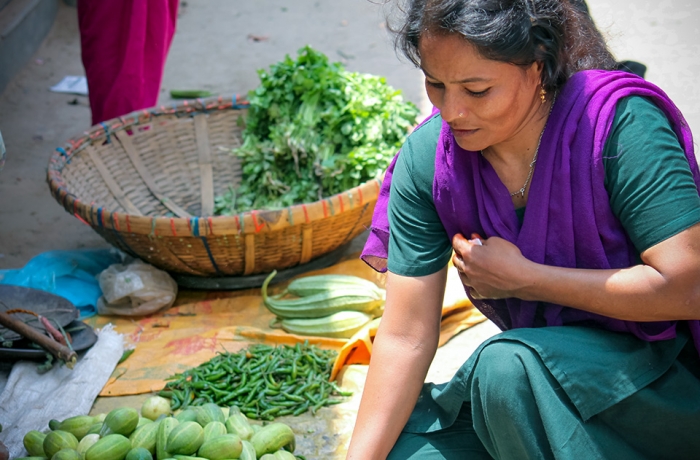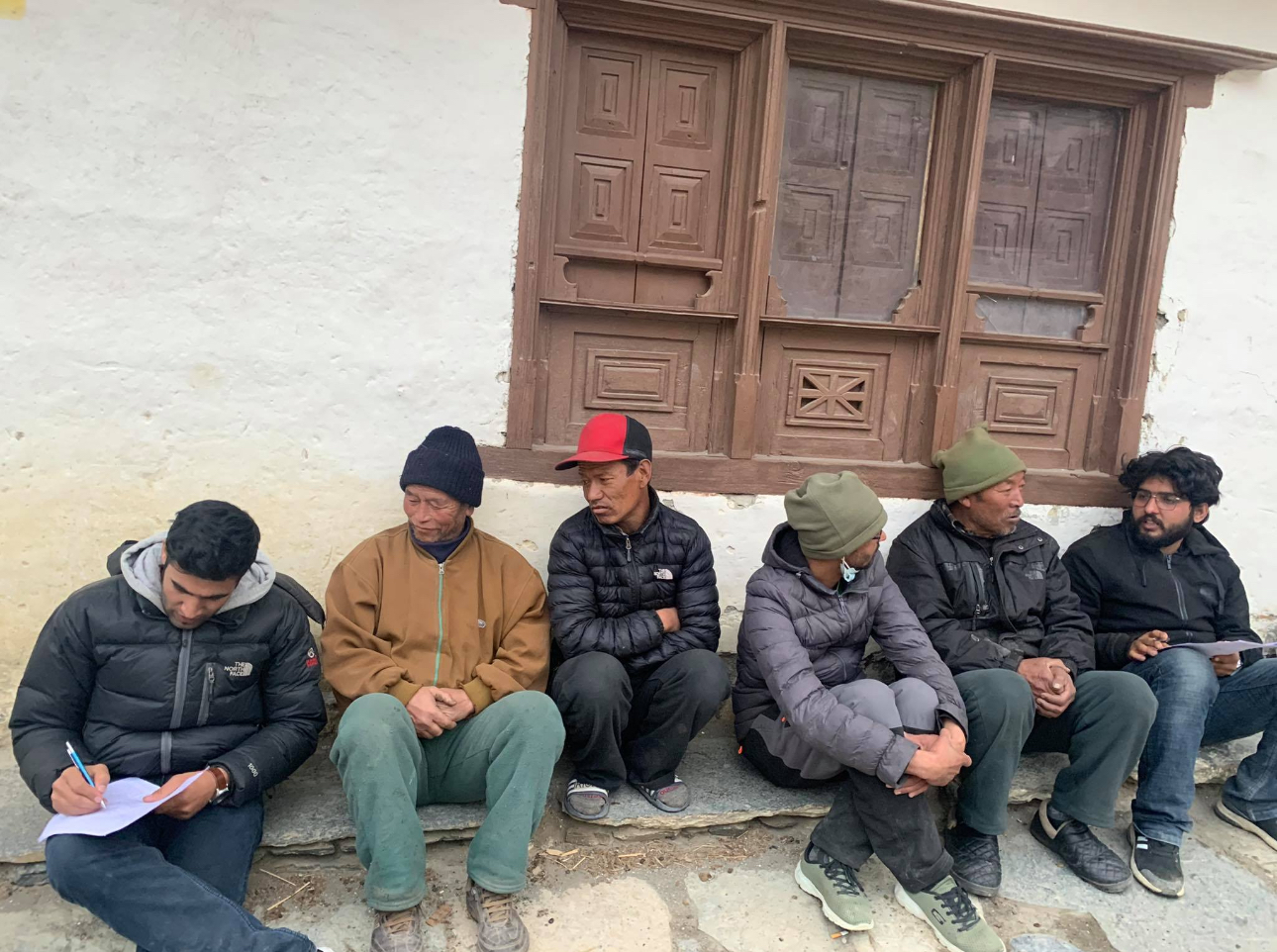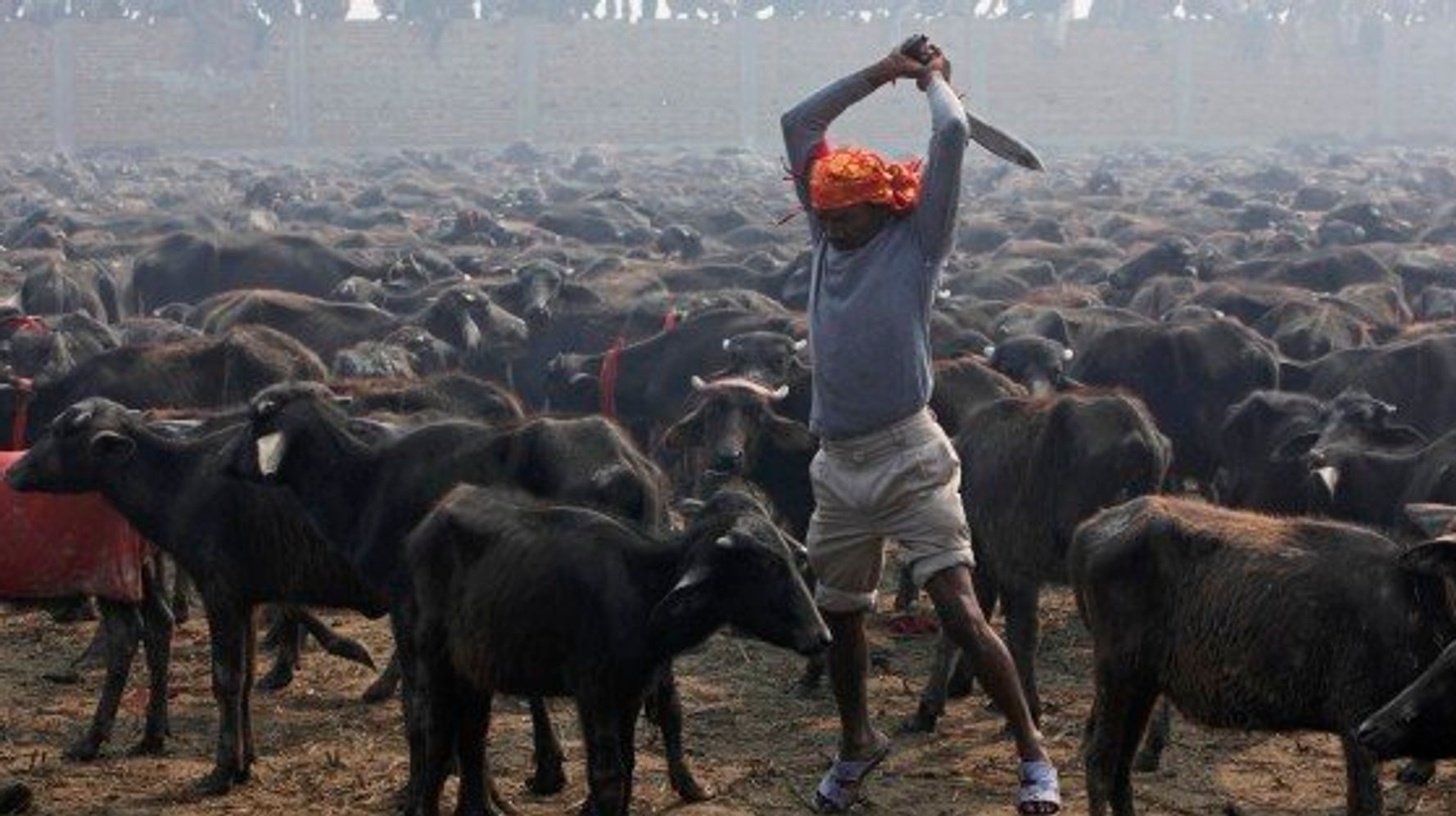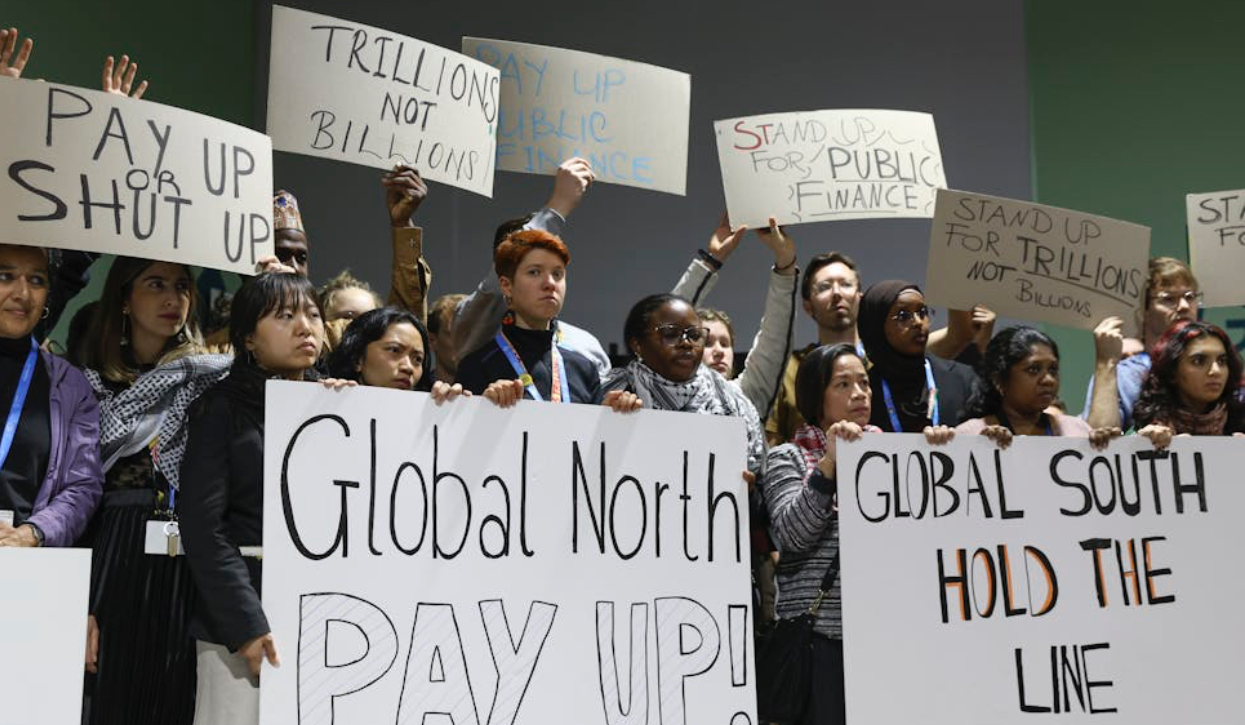Empowering South Asian women migrant workers through improved contracts


UN Women: Escaping poverty and earning higher income often entails taking risks, and for women migrating into domestic work these risks are often worth taking. From 2000 to 2017, the number of women migrants within Asia rose from 23 million to 34 million – a 48 per cent increase. Most are employed in domestic work.
But many women domestic workers find themselves receiving poor wages, working excessive hours, and exposed to labour and human rights violations. In many destination countries, they are partially or fully excluded from labour laws and regulations, putting them at increased risk of violence and exploitation. And women migrants are among the most vulnerable.
“Though I decided to go abroad, I was afraid to go, as I heard many women’s miserable stories,” recounts Minara, a domestic worker returned from Saudi Arabia. “My cousin, who helped me migrate, told me that most people face problems since they don’t check their contracts properly. So, he advised me to check the contract and said I should not go if working details are not written on the paper.”
Ensuring that women know their rights as migrant workers, including what should be in their employment contracts, is a crucial step in protecting them from abuse and exploitation – especially since some are not aware that their rights are being violated.
To that end, UN Women has launched Empowering Women Migrant Workers from South Asia: Toolkit for Gender-responsive Employment and Recruitment. The Toolkit provides comprehensive guidance on ensuring the protection and promotion of the rights of women migrant workers throughout the labour migration cycle. It also provides practical steps to: ensure that labour migration policies and governance respond to the lived realities of women; guide clearer consensus on employment contracts for women migrant workers; and ensure more effective services and protections during the recruitment process.
“We find the Toolkit very handy to assess ourselves and where we stand, what we shall do for further improvement to make the recruitment process more transparent and establish ethical practices,” says Shameem Noman, Secretary General of the Bangladesh Association of International Recruiting Agencies. He attended the launch of the Toolkit, at a Regional Dialogue in Bangkok, Thailand in April 2019.
As more and more women decide to migrate for work, it is critical that governments, employers, recruitment agencies and civil society work together to ensure that women migrant workers are protected and informed of their rights.
“Our consultations also show that governments, recruitment agencies and CSOs genuinely want to reduce these risks and are seeking clearer guidance on how to apply national policies and international standards in their daily work,” says Sally Barber, Programme Coordinator of Migration for UN Women’s Regional Office for Asia and the Pacific. “The Toolkit supports these stakeholders to work cooperatively to ensure international standards and good practices are embedded into policies, employment contracts and recruitment practices.”
In addition to providing guidance for policymakers, the Toolkit can be used as an advocacy tool by civil society organizations.
“The Toolkit is very useful for greater protection for women migrant workers,” says Mary Ann Abunda, founding Chairperson of Sandigan Kuwait. “We can add to our campaigns the importance of knowing their rights as migrant workers based on the employment contract and we can incorporate it also to our ongoing campaign, especially for domestic workers.”
Developed with the support of the Swiss Agency for Development Cooperation, the Toolkit has generated vital momentum and UN Women is currently responding to multiple requests to deepen its implementation. This includes developing communication tools so women migrant domestic workers themselves are more aware of their rights.
Moreover, UN Women is engaging governments and relevant stakeholders in Bangladesh, Nepal and Sri Lanka to develop strategies for national-level implementation, and countries across South Asia and the Arab States through the Abu Dhabi Dialogue and Colombo Process.


















Facebook Comments